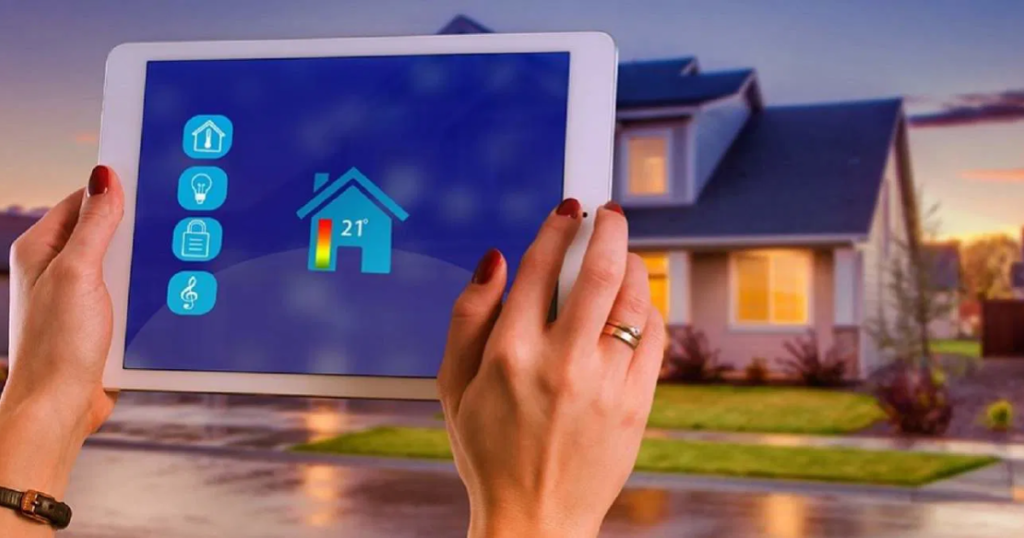Introduction
Smart gadgets have revolutionized the way we live, offering convenience, efficiency, and entertainment. From voice-activated assistants to smart TVs and security cameras, these devices are integrated into our homes and daily routines. However, as they become more intelligent, they also raise serious concerns about privacy. Many of these gadgets are constantly listening, collecting data, and sometimes even sharing it with third parties. The question arises: Are our smart devices truly helpful, or are they sophisticated spy tools?
How Smart Devices Are Always Listening
Many modern devices come equipped with microphones and sensors designed to detect voice commands, movement, or environmental changes. The most common examples include:
- Smart Assistants (Alexa, Siri, Google Assistant) – Always on standby, these devices continuously listen for wake words before processing user requests.
- Smart TVs – Many models feature voice command capabilities, potentially recording conversations even when not actively used.
- Security Cameras & Doorbells (Ring, Nest, Arlo) – These devices record footage, sometimes storing data in the cloud, where it may be accessed by companies or law enforcement.
- Smartphones – Apps frequently request microphone access, leading to passive data collection even when the app is not in use.
- Wearable Technology (Smartwatches, Fitness Trackers) – These collect vast amounts of biometric data, often transmitted to third-party services for analysis.
Why Are Companies Listening?
Companies justify data collection with several reasons, including:
- Improving User Experience – Devices collect data to refine voice recognition, personalize responses, and enhance functionality.
- Targeted Advertising – Smart gadgets can detect user preferences and send tailored advertisements.
- Security & Compliance – Some companies argue that listening capabilities help detect fraud or prevent illicit activities.
- Third-Party Agreements – Many companies share collected data with third parties, such as advertisers, analytics firms, and even government agencies.

How Your Data Is Used (and Abused)
1. Voice Data Collection & Storage
Even when users do not actively engage with smart assistants, voice data can be recorded and stored. Amazon, Google, and Apple have acknowledged that they keep voice recordings to enhance their AI systems. However, leaked reports indicate that human reviewers sometimes listen to these recordings, raising serious privacy concerns.
2. Third-Party Data Sharing
Many smart gadgets operate on data-driven business models. Companies sell or share information with advertisers, allowing them to build highly detailed consumer profiles. This practice fuels targeted marketing but also raises ethical concerns about consent and data security.
3. Hacking and Cybersecurity Risks
Because smart devices are often connected to the internet, they are susceptible to hacking. Cybercriminals can exploit security vulnerabilities to:
- Eavesdrop on conversations
- Steal personal information
- Take control of devices for malicious purposes
In 2019, reports surfaced about hacked baby monitors streaming live footage to unauthorized viewers, highlighting the dangers of connected devices.
4. Government Surveillance
Governments have increasingly sought access to data collected by smart devices. Some tech companies have been forced to comply with data requests, allowing law enforcement agencies to access voice recordings, security footage, and even location history.
Notable Privacy Scandals
Several high-profile cases have exposed the risks of smart device surveillance:
- Amazon Alexa & Google Assistant Privacy Breaches – Reports revealed that human contractors reviewed voice recordings, sometimes including sensitive personal conversations.
- Samsung Smart TVs – Users discovered that certain models were recording and transmitting conversations without explicit consent.
- Ring Doorbells & Law Enforcement Collaboration – Amazon’s Ring has been criticized for sharing footage with police departments without user approval.
- Facebook Listening Allegations – Many users suspect that the Facebook app listens to conversations, as they receive eerily relevant ads after discussing specific topics aloud.
How to Protect Yourself from Smart Device Surveillance
If you value your privacy, consider these steps to minimize risks:
- Adjust Privacy Settings – Review and modify device permissions, disabling unnecessary access to microphones and cameras.
- Mute Microphones When Not in Use – Many smart assistants have a mute button to prevent them from listening when not needed.
- Use Physical Camera Covers – Webcam covers and lens blockers can prevent unauthorized access to built-in cameras.
- Limit Smart Device Integration – Avoid linking multiple smart gadgets across platforms, reducing the amount of data they can collect.
- Regularly Update Software – Security patches can help protect against vulnerabilities that hackers might exploit.
- Opt-Out of Data Collection – Some companies allow users to delete recorded data or disable personalized ads. Take advantage of these options.
- Use Encrypted Devices – Consider using privacy-focused alternatives, such as the Librem 5 smartphone or Apple’s HomePod, which emphasizes on-device processing.
The Future of Smart Gadgets & Privacy
As smart technology continues to advance, privacy concerns will remain a major issue. While companies claim they prioritize data security, history has shown that consumer data is often mishandled, sold, or exposed to breaches. Regulatory measures, such as the European Union’s GDPR and California’s CCPA, aim to provide users with more control over their data, but enforcement remains inconsistent.
The challenge lies in balancing innovation with privacy. Users must stay informed and proactive in protecting their data, while companies should adopt transparent policies that prioritize consumer trust. Until then, the line between smart gadgets and surveillance tools remains blurred.
Conclusion
Smart gadgets bring undeniable convenience, but they also pose significant privacy risks. The fact that these devices are always listening, collecting, and analyzing data should make users question how much control they truly have over their digital lives. By understanding the risks and taking protective measures, individuals can make informed decisions about their use of smart technology and safeguard their personal information from prying ears.